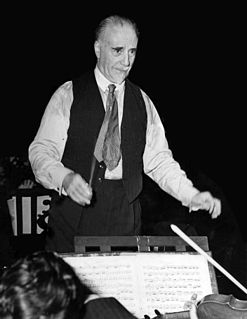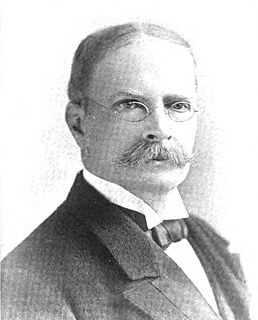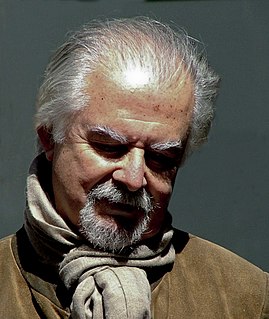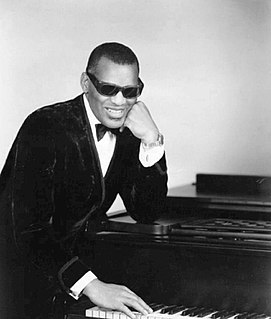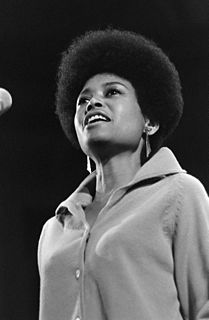A Quote by Thomas Beecham
Great music is that which penetrates the ear with facility and leaves the memory with difficulty. Magical music never leaves the memory.
Related Quotes
A song playing comprises a very specific and vivid set of memory cues. Because the multiple-trace memory models assume that context is encoded along with memory traces, the music that you have listened to at various times of your life is cross-coded with the events of those times. That is, the music is linked to events of the time, and those events are linked to the music.
But the finest music in the room is that which streams out to the ear of the spirit in many an exquisite strain from the hanging shelf of books on the opposite wall. Every volume there is an instrument which some melodist of the mind created and set vibrating with music, as a flower shakes out its perfume or a star shakes out its light. Only listen, and they soothe all care, as though the silken-soft leaves of poppies had been made vocal and poured into the ear.
How is the mind which functions on knowledge how is the brain which is recording all the time to end, to see the importance of recording and not let it move in any other direction? Very simply: you insult me, you hurt me, by word, gesture, by an actual act; that leaves a mark on the brain which is memory. That memory is knowledge, that knowledge is going to interfere in my meeting you next time obviously.
Memory is strange. Scientifically, it is not a mechanical means of repeating something. I can think a thousand times about when I broke my leg at the age of ten, but it is never the same thing which comes to mind when I think about it. My memory of this event has never been, in reality, anything except the memory of my last memory of that event. This is why I use the image of a palimpsest - something written over something partially erased - that is what memory is for me. It's not a film you play back in exactly the same way. It's like theater, with characters who appear from time to time.
